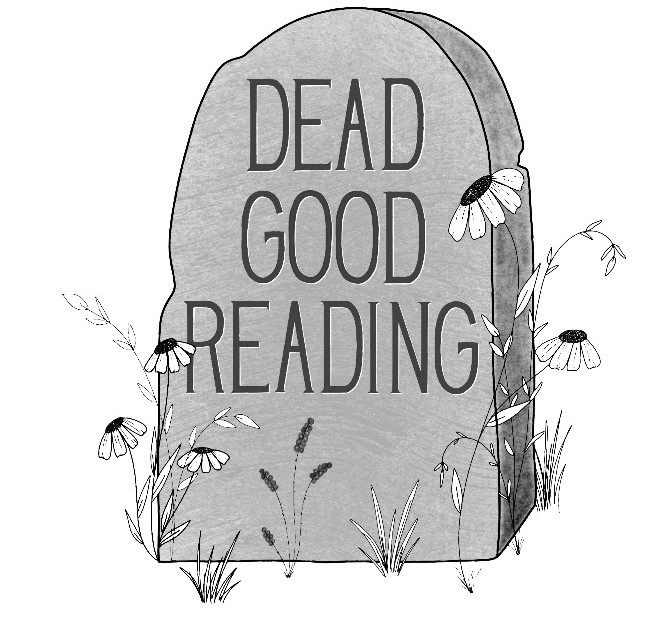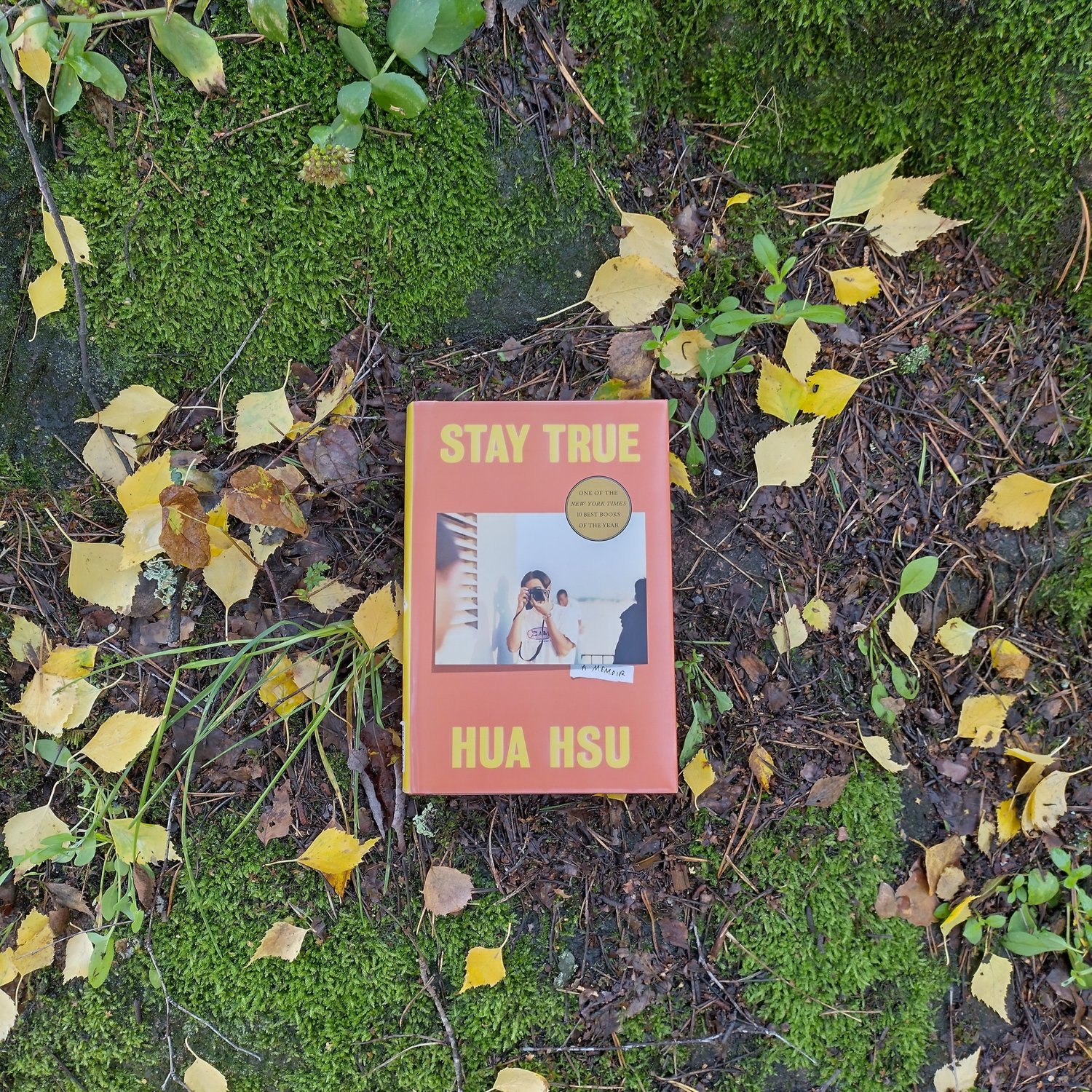Do you ever wish you could return to a period of time that you have experienced in your life time, but at a different age? I was born in 1989 and thus a child in the 90s. As this decade is more and more the topic of contemporary popular culture I have an increased nostalgic longing to return to that time. It is not homesickness. The Dutch word for homesickness is heimwee similar to the German Heimweh. In addition to Heimweh the Germans also have another concept, Fernweh, or a longing for something far away. I wonder if my longing to relive the 90s but as an older person is a form of Fernweh.
Stay True by Hua Hsu strongly evoked my fernweh for the 90s. I would have loved to have been a student making zines, creating mixed tapes and going for late night drives. Live seemed simpler. Less demanding.
As a melomaniac, Hsu would probably detest my favourite music of the 90s. Think Spice Girls, Vengaboys and other classics. Not the alternative albums Hsu was into. But may I reiterate I was a different age at the time.
Stay True is a coming-of-age story that unpacks the notion of friendship and what it means to be Asian American. Ultimately it is an ode to friendship, and Hsu highlights the importance of platonic relationships. Friendships, like all relationships are about your imagined relationship with the other person, never knowing for certain if they feel the same way, or have the same interpretation about events that occurred. The friendship placed under the microscope in Stay True is the one between Hua Hsu and Ken. They are both Asian-American but have very different life experiences. At first, Hsu cannot imagine he and Ken will become friends. They are simply too different. But friends they become. Until the night where Ken is violently killed.
In many of the grief memoirs I have read death and grief are at the forefront. Stay True differs. While Ken’s death is foreshadowed at the start of the book, most of the memoir aims to unpack the before instead of the after. Perhaps this is why it so strongly evoked fernweh. As Hsu cannot verify his memories and interpretation of events with Ken, Stay True is a diary-like record of all the memories he has available from that time.
Photography was not as omnipresent as it is now. Perhaps that’s why Stay True offers such a wonderfully detailed account of the before. The relationship between Ken and Hsu is barely captured on film or camera.
“A moment would pass, unremarked upon, until months later, when you developed the photos you had taken at a concert or birthday party, a proper event worth chronicling, and you discovered some images of friends getting ready to go out, or else a slice-of-life candid intended to burn through the end of the roll. You’d forgotten about this. Later, when photography became ubiquitous, pictures were evidence that you existed at all, day in and day out. They registered a pattern. Looking back, you began to doubt the sequence of events. If, in the absence of proof, anything had happened at all.”
Hua Hsu (2022, page 7)
Hsu’s memories is all he has. Admittedly, living in a moment in time were photography is ever-present, I personally still don’t have many photographs with my best friends. In this respect it is like those relationships barely existed, so I can understand Hsu’s need to pen down as many moments.
But at some point we arrive at the inevitable and Ken is murdered.
“The day after Ken died, I stopped listening to songs from a specific zone of memory, avoided vibrations that reminded me of a certain register of feeling. Harmony was forbidden; it no longer made sense to me. I started spending less time with anyone who could evoke the past. I started wearing Nikes again, and Polo shirts, and backward baseball caps. Mostly, I became obsessed with the possibility of a sentence that could wend its way backwards.”
Hua Hsu (2022, page 119).
In the after Hsu scrutinise his own behaviour during that night. What if he hadn’t gone home? What if he had stayed with Ken? Would his dear friend still be alive?
“The fact that in those early years, when our faces hadn’t yet changed, I could picture Ken turning twenty-one, sitting in a lecture hall, graduating from college with a sensible haircut. Living in Boston, enrolled in law school, selling concessions at Fenway Park, as one of his many dreams used to go.”
Hua Hsu (2022 page 122)
Ken will forever remain frozen at the age he died, and as the years continue the amount of memories Hsu has without Ken will strongly outnumber the ones with Ken. Stay true is a heart-warming attempt at capturing those memories in full detail. I can understand why this book won the Pulitzer price and recommend the book to anyone interested in friendship, Asian-American identities, coming-of-age and loss.
Hua Hsu began contributing to The New Yorker in 2014 and became a staff writer in 2017. He is the author of “A Floating Chinaman: Fantasy and Failure Across the Pacific” and the Pulitzer Prize-winning memoir “Stay True.” He served on the editorial board for the book “A New Literary History of America.” Hsu is currently a professor of literature at Bard College and serves on the executive board of the Asian American Writers’ Workshop. He was formerly a fellow at the New America Foundation and the Dorothy and Lewis B. Cullman Center at the New York Public Library.


Leave a Reply